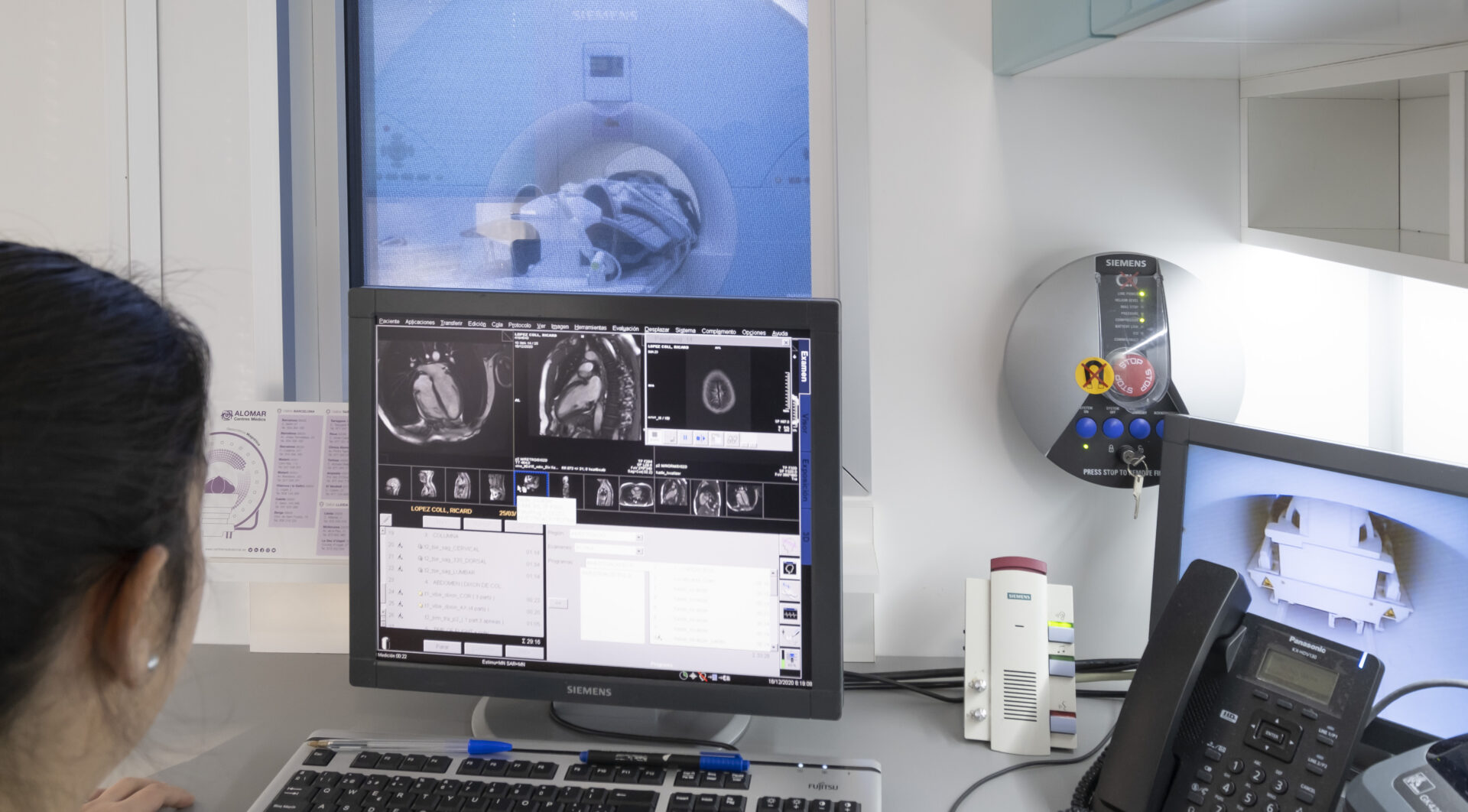
The Girona Biomedical Research Institute (IDIBGI) has presented the project "Girona Health LivingLab", an extensive study that collects health data from 2,577 people from 16 years of age in the province of Girona. The result details multiple indicators and biomarkers of their health status, data that are available to IDIBGI research groups for study and also for the design of strategies for the prevention of the most prevalent chronic diseases in the community. This dataset, which makes up one of the largest collections of population health data, can also contribute to health promotion to improve the lifestyles of the community, and as a consequence their well-being and quality of life.
Between 2019 and 2022, the research team has collected population health information in 12 municipalities across the health region, collecting data through physical scans and detailed questionnaires, as well as conducting imaging studies with more than a thousand whole-body MRIs and biological sample analysis.
The large sample includes relevant aspects on lifestyles, socio-demographic and economic characteristics, the disabled, pain, quality of life, impulsivity, social support, and prevalence of risk factors and chronic diseases in the adult population of the province of Girona. Its exploitation has made it possible to create a set of indicators that x-ray aspects such as the population's habits in terms of diet, physical exercise, healthy habits, mental health and self-assessment of their own state of health, among others. With their analysis, it is possible to examine the relationship between personal and sociodemographic characteristics, lifestyles and the prevalence of risk factors and chronic diseases in the adult population of the province of Girona.
These are data that have been collected since 2019 randomly throughout the territory, and represent a valuable set that is representative both at the population level and of the specific groups that have been the object of study. Moreover, these data are in addition to the data collection that IDIBGI already created for the Imagenoma project, in which whole-body MRI scans were performed on 1,000 volunteer individuals over the age of 50.
This study is part of the territorial specialization and competitiveness project (PECT) "Girona, healthy region" coordinated by the Girona Provincial Council, which has also had two other operations, led by Dipsalut and the Fundació Salut Empordà respectively. The project aims to turn the Girona area into a reference territory, where people's capacity to increase control over their health and the factors that determine it is promoted. For more information, you can consult this link.
The project was presented in the call for Territorial Specialisation and Competitiveness Projects (PECT) within the framework of the RIS3Cat and the ERDF Operational Programme of Catalonia 2014-2020 and is co-financed by the European Regional Development Fund of the European Union in the framework of the ERDF Operational Programme of Catalonia 2014-2020 with a grant of 710,188.8€ and by the Girona Provincial Council with a grant of 355,094.4€.
Empowering the population to control their own health
The operation "Girona, Health LivingLab", led by IDIBGI, also provides the population with tools to improve training and control over their health. Through a website (gironasalutlivinglab.idibgi.org) citizens are invited to assess how healthy their lifestyle is, through questionnaires with curiosities, tips and information of interest.
This tool will also promote communication between researchers, administrations, health institutions and companies to carry out studies, encouraging the exchange of ideas and the coordination of health promotion in the territory.
Presentation of results with a talk by Tomàs Molina

The project will be presented on Monday, November 27th at the Casa de Cultura de Girona, in an event open to the public. It will feature a talk by Tomàs Molina, head of Meteorology at Televisió de Catalunya, who will provide a different perspective on health and climate under the title "The weather in 2030, how will it affect our health?". The event will be attended by the researchers who have led the project: Josep Puig, researcher in medical imaging; Josep Garre, specialist in the field of aging; and Rafael Ramos of vascular health. The researcher Anna Motger will also participate on behalf of the Nutrition, Eumetabolism and Health group of IDIBGI, led by José Manuel Fernández-Real, who has also participated very actively in the project.
All of them will explain some of the research they are already doing, based on the population data they have extracted from this study. One example, led by Garre, would be the one that has already been published and that analyzes the consequences of the changes in lifestyle caused by the confinement during the COVID-19 pandemic on the mental health of the population of the demarcation of Girona. The results have allowed the identification of risk factors for affective disorders in situations of confinement.
For his part, Ramos will present the first results of the study that his research group is carrying out. They are evaluating how, through the data collected during the project, asymptomatic atherosclerosis in different parts of the body can be detected in order to prevent its progress and its consequences. And, in his case, Motger will explain how the exploitation of these numerous data helps them in their research on the differences between men and women in the microbiota-gut-brain axis, where a necessary component is produced so that the body can elaborate serotonin, known as the neurotransmitter of happiness, and how this process is related to the mental health of women and men. The study of these differences between the sexes could lead to more personalized treatments.
The event will also provide an overview of the overall PECT project "Girona, healthy region", which will be presented by the deputy delegate of European Programs of the Diputació de Girona, Míriam Lanero. The three operations that make up the project will also be introduced by representatives of the institutions that lead them.